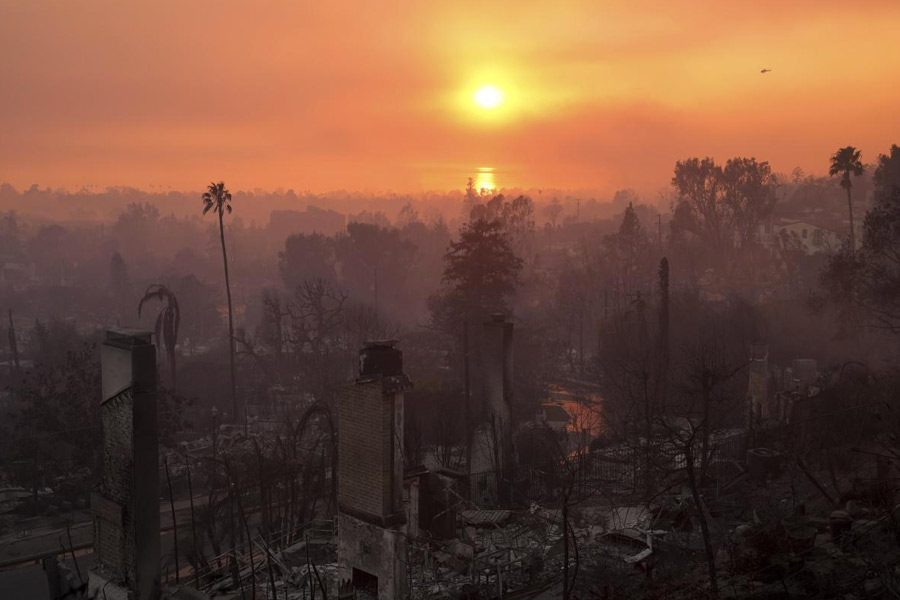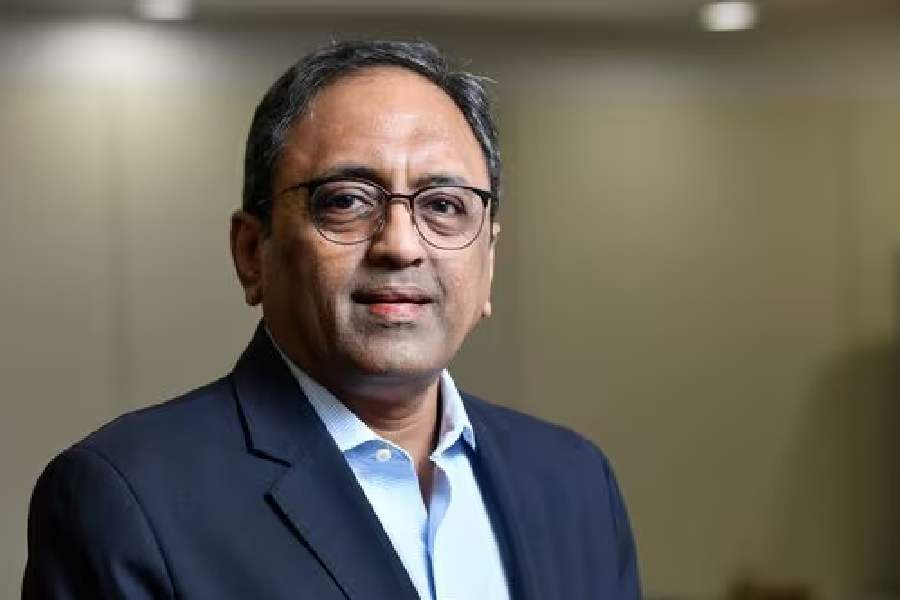 Friday, 10 January 2025
Friday, 10 January 2025
 Friday, 10 January 2025
Friday, 10 January 2025
An Israel airstrike on Beirut suburbs on Friday killed Ibrahim Akil, 61, the head of Hezbollah’s Radwan unit and a member of Hezbollah’s highest military body, the Jihad Council, since 2008.
The United States had offered a $7 million reward for information on Akil. It described him as a “principal member” of Hezbollah that claimed bombing the US embassy in Beirut in 1983 that killed 63 people.
The US Treasury Department designated him a “terrorist” in 2015, followed by another designation by the State Department as a “global terrorist.”
Ahmed Wahbi, a top commander who oversaw the military operations of the Radwan special forces during the Gaza war until early 2024, was also killed in the strike.
The Israel strikes seem to be a retaliation to Hezbollah’s barrage of strikes into Israeli territory. Hezbollah fired 140 rockets into northern Israel after their leader, Hasan Nasrallah, pledged to strike back at Israel in response to Israel’s air strikes.
Israel said the Friday strike on Beirut’s southern Dahiya district killed Akil and 10 other Hezbollah operatives. Little is known about Akil, who rose through the ranks of the group’s military command over decades. Born in Baalbek in the east of Lebanon, he joined Hezbollah in its early days in the 1980s.
The strike on September 20 came as the group was still reeling from a suspected Israeli attack targeting Hezbollah communications earlier this week when thousands of pagers exploded simultaneously. The attack killed 12 people, mostly Hezbollah members, and injured thousands.
Across Lebanon on September 19, hospitals were packed and people were on edge after hand-held communications devices imported by Hezbollah, the militant group and political party, blew up in waves across the country on two successive days.
The attacks in Lebanon left a devastating trail of 37 deaths, which included two children and around 2,300 injured. Explosions took place in around eight cities and towns around Lebanon and also in Damascus, Syria’s capital. The first wave on September 17 hit pagers and the second on September 18 affected walkie-talkies that also turned deadly.
The lethal hack of Hezbollah’s Asian-branded pagers and walkie-talkies has sparked an intense search for the devices’ path.
Kerala-born Norwegian businessman Rinson Jose’s company Norta Global has been linked to the sale of pagers which were involved in blasts in Lebanon.
Norta Global, which is based in Sofia, Bulgaria, also deleted its website on Thursday, which advertised their work on technology consultancy. The Norta office also could not be found at its registered address.
Rinson Jose was contacted by Reuters but declined to offer any comment. The Kerala Police and central government agencies have conducted a background check on Jose’s family in his native village of Ondayangadi in Kerala, reported The Times of India.
Apart from his work as the owner of Norta Global, Rinson’s LinkedIn reveals that he has been working at the Oslo-based DN Media group for five years and has several years of experience working with brands and publications.
The war that was triggered after Hamas’s attack on Israeli soil on October 7 last year has now spread to the north in Lebanon with both Israel and Hezbollah exchanging fires.







